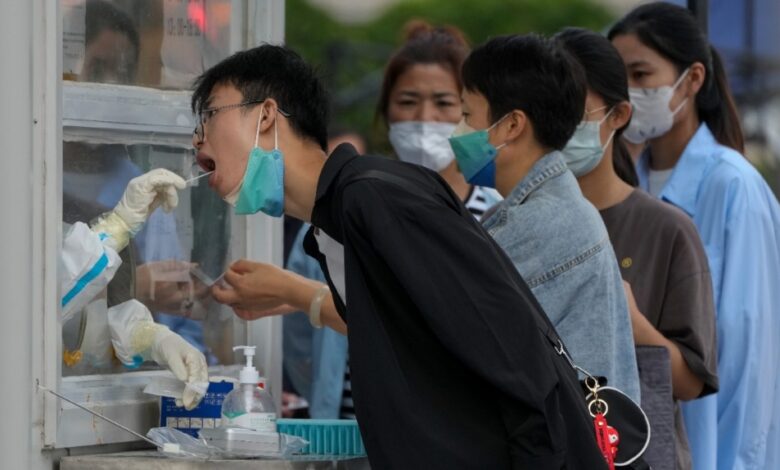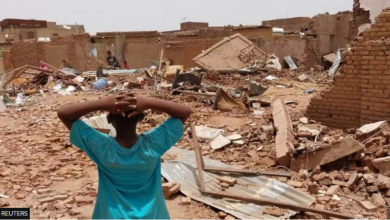Crematoriums in China as COVID spreads

Crematoriums in cities across China are straining to deal with an influx of bodies amid a widening COVID-19 outbreak, according to media reports, as authorities scrambled to install hospital beds and build fever-screening clinics.
Crematoriums in the cities of Beijing, Chongqing and Guangzhou told the AFP news agency on Tuesday that they were much busier than normal, with one of the facilities reporting running out of space for bodies but the news agency said it was not possible to establish if the increase in deaths was related to COVID-19 with staff declining to answer questions.
Despite the strain on the crematoriums, the National Health Commission reported five COVID-19 deaths on Tuesday, following two on Monday, all of which were in the capital, Beijing, and were the first fatalities reported in weeks.
In total, China has reported just 5,242 COVID-19 deaths since the pandemic emerged in the central city of Wuhan in late 2019 – a very low toll by global standards but there are rising doubts that the statistics are reflecting the true fallout of a disease ripping through Chinese cities after authorities this month began dismantling the country’s stringent “zero-COVID” regime of lockdowns and testing after widespread protests against the curbs.
Since the dropping of the restrictions, some hospitals have become inundated, pharmacies emptied of medicines, while many people have gone into self-imposed lockdowns, straining delivery services.
Some health experts estimate that 60% of people in China equivalent to 10% of the world’s population could be infected over the coming months, and that more than two million could die.
In Beijing, a city of 21 million, security guards were seen patrolling the entrance of a designated COVID-19 crematorium, where more than a dozen vehicles were waiting to enter.
In addition to installing new beds, cities including Beijing, Shanghai, Chengdu and Wenzhou said they had also added hundreds of fever clinics, some in converted sport facilities.
The virus is also hitting China’s economy, which is expected to grow at less than 3% this year, its worst performance in nearly half a century.





